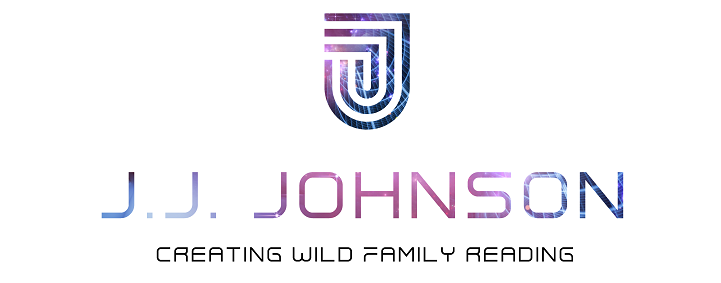Ray Bradbury and Dystopian
This month I had the privilege of reading an advance copy of book 2 in the : “Out of Time Series” by Carol award winning author Nadine Brandes. (More to come on that later) I absolutely love Dystopian / Post-Apocalyptic stories. From Mad Max, to The Postman, to Hunger Games, The Stand, this Genre just never seems to die. In fact- Just when some publishing-expert declares it’s on its way out, another hit pops up on the shelf.
But that got me thinking about my favorite book of all time by no less than my favorite author. It’s the one Dystopian story that has withstood the test of time over and over and over again.
Fahrenheit 451 by Ray Bradbury
Fahrenheit 451 was first published in 1953, and remains a classic. Bradbury wrote it in nine days on a typewriter in a library at the University of California Los Angeles.
There has been much discussion that has taken place over the years as to its meaning – was it a response to Nazi book burning? An allegory of the McCarthy era and political censorship in the USA? A forewarning of the excesses of “political correctness”? A story about television’s (or how about iPads) increasing omnipresence and the accompanying erosion of critical thinking? I’m not even sure Bradbury himself fully knew the meaning (as he wasn’t ever entirely forthcoming about why he wrote it.)
But what is it about this short little novel that seems to be able to stand the test of time? I think Neil Gaiman did an amazing job of summoning it up:
“Sometimes writers write about a world that does not yet exist,” Neil Gaiman begins his Introduction to the 60th Anniversary Edition of Ray Bradbury’s Fahrenheit 451:
This is a book of warning. It is a reminder that what we have is valuable, and that sometimes we take what we value for granted….
People think—wrongly—that speculative fiction is about predicting the future, but it isn’t; or if it is, it tends to do a rotten job of it….
What speculative fiction is really good at is not the future but the present—taking an aspect of it that troubles or is dangerous, and extending and extrapolating that aspect into something that allows the people of that time to see what they are doing from a different angle and from a different place. It’s cautionary.
Fahrenheit 451 is speculative fiction. It’s an “If this goes on…” story. Ray Bradbury was writing about his present, which is our past.
In our life we are faced with the same day to day challenges that Bradbury faced. At times we shake our heads at the constant polarization around us, the constant bickering, the push – pull within society and we stop and ask the same question- “If this goes on…”
It is difficult to look around society and think will it ever get better than this. Most of us would go so far as to say no. But I have a feeling that it’s quite possible we can move beyond the hopeless and see some light ahead to pave our way forward.
Bradbury ends Fahrenheit 451 with hope & faith in a better future. There are many that would disagree with me. And they have every right to think I am wrong. The town has been flattened by bombs, but the books of history, faith, fantasy, and all genres live in the “Book People.”
“They plan to pass this knowledge onto their children and wait until society needs that knowledge again. They don’t have long to wait because several bombs hit the city while they are hiking that day. After weathering the shock waves from the blast, they turn back; civilization needs them. On the way, Montag begins to remember Ecclesiastes.”
By ending this novel with the destruction of the city and the world as they knew it, Bradbury gives the idea that changes are coming and this civilization will change and grow, and rebuild (like the mythical phoenix to which Granger refers in the end.)
“A time to break down, and a time to build up. Yes. A time to keep silence, and a time to speak,” Montag thinks as the book people move up the river at the end of the story.
I’m very passionate about my beliefs. I find myself on most days biting my tongue. I’ve learned I’m normally stuck in the middle like a small child in a divorce. But there comes a time when I have step out and voice what I feel is injustice.
That’s why I love Dystopian Fiction: It makes us say “I wish I had this courage…”
What about you dear reader- Is there something in life you should have spoken up about but never did…? If so, why not…?








Please note: I reserve the right to delete comments that are offensive or off-topic.